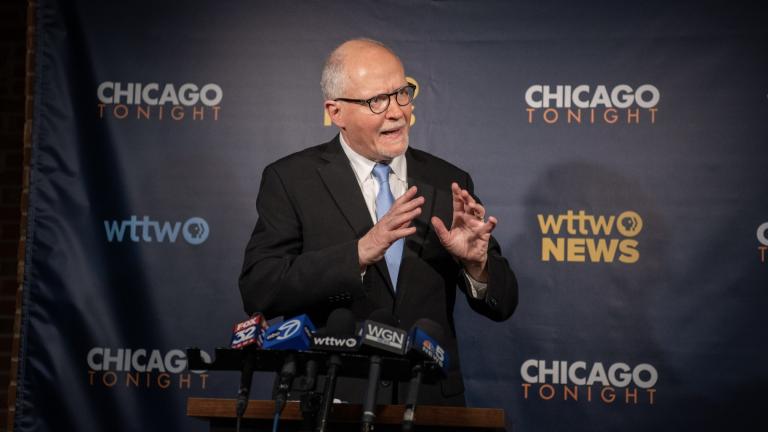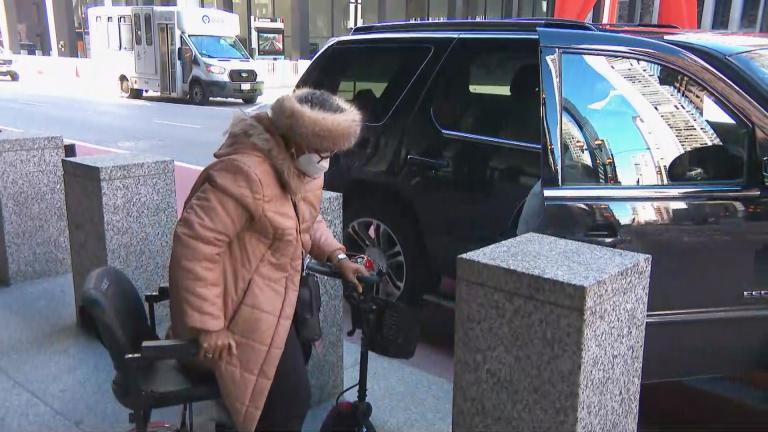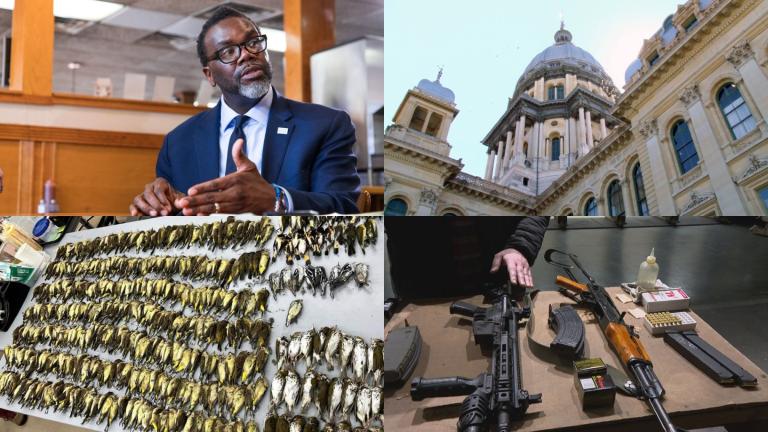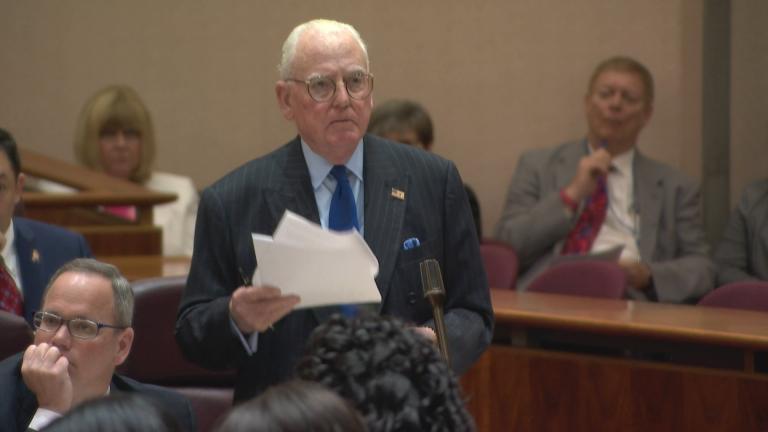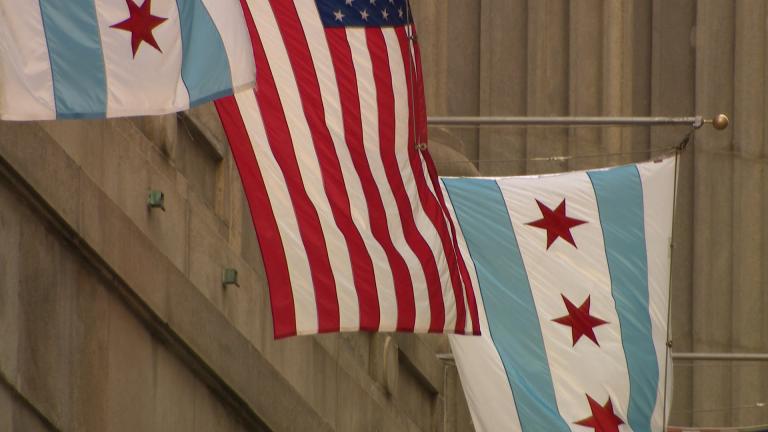Mayor Brandon Johnson said Thursday he will use the report compiled by his 400-member transition committee as a “blueprint” to make Chicago a “more just and vibrant city for all.”
The 223-page report memorializes the work of 11 subcommittees that began meeting in mid-April, and dovetails with much of progressive agenda laid out by Johnson and echoes his call for new investment on Chicago’s South and West sides, fully funded neighborhood schools and a new approach to public safety.
The report also endorses Johnson’s call to reopen the city’s publicly-run mental health clinics, expand an effort to send paramedics and social workers to help those experiencing a mental health crisis as well as a push to add 200 detectives to the Chicago Police Department.
“We know Chicago has problems, and we live in troubled times and in a bitterly divided nation, but hope is ascendant, said University of Illinois at Chicago Professor Barbara Ransby, who helped lead the transition committee, and vowed to help Johnson build the “bridges required to realize a more just and radically inclusive Chicago.”
The report urges Johnson to fulfill his promises to stop using the automatic gunshot detection system ShotSpotter, to scrap plans for a new database to track gang members in Chicago and to put an end to the use of land owned by the Chicago Housing Authority to build anything other than housing.
Since taking office less than two months ago, Johnson has frequently described his role as mayor as a kind of organizer-in-chief, determined to bring Chicagoans of all walks of life together and help them decide how the city should be run for the benefit of the many not the few.
After accepting the report in the pulpit of Greater Harvest Baptist Church on Chicago’s South Side, Johnson cast his administration as part of a larger movement for racial and economic justice.
“We are here today not just because of an election or a victory,” Johnson said, drawing a direct connection between his work and the free breakfast for children program created by Fred Hampton and the Chicago chapter of the Black Panthers. “We are here today because of a movement that goes back decades.”
No longer will the groups doing that work find themselves on the outside looking in, Johnson said.
“You all know there was a time that the halls of the fifth floor of City Hall would be filled with these same organizers taking arrests,” Johnson said. Those organizers, faith leaders, small business owners and union officials are “now at a table that they created.”
The report’s 11 sections carefully note when the subcommittees were divided or failed to reach consensus. That includes Johnson’s proposal to raise city revenues by $800 million, in part by taxing firms for each Chicagoan they employ.
The report also made no recommendation on how Johnson should tackle the issue of reparations for the descendants of enslaved Africans.
Johnson once again endorsed the proposal known as Treatment Not Trauma, which calls for publicly run mental-health clinics to be reopened and for social workers, not police officers, to respond to 911 calls for help from those experiencing a mental health crisis.
In addition, Johnson vowed to transform public housing and “finally bring Chicago home,” a reference the proposal known as “Bring Chicago Home,” which would hike taxes on the sales of properties worth $1 million or more to generate more than $100 million to fight homelessness in Chicago.
Johnson took office just 41 days after defeating Chicago Public Schools CEO Paul Vallas — the shortest mayoral transition in Chicago history.
In his brief remarks Thursday, Johnson dismissed criticism that he was behind schedule – even though former Mayors Rahm Emanuel and Lori Lightfoot released the reports from their transition teams before being sworn into office.
“Now for those who are asking why it took so long, I don’t think it needs an explanation,” Johnson said, turning to look at the dozens of transition committee members gathered behind him as laughter swelled. “But it’s because the people of Chicago are worth the time, the effort, the deliberation to finally get it right. We have to get it right for no one else but for our young people.”
The transition report produced by Emanuel’s team spent his two terms in office gathering dust, while Lightfoot’s report was most frequently used as a cudgel by progressive groups to blast her for failing to fulfill the promises she made to them during the campaign.
Johnson vowed the report produced by his transition committee would be a living document that would help him generate support and momentum to push those initiatives over the finish line in the coming months, but declined to take questions from the news media after the event or make members of the committee available for interviews.
Contact Heather Cherone: @HeatherCherone | (773) 569-1863 | [email protected]

